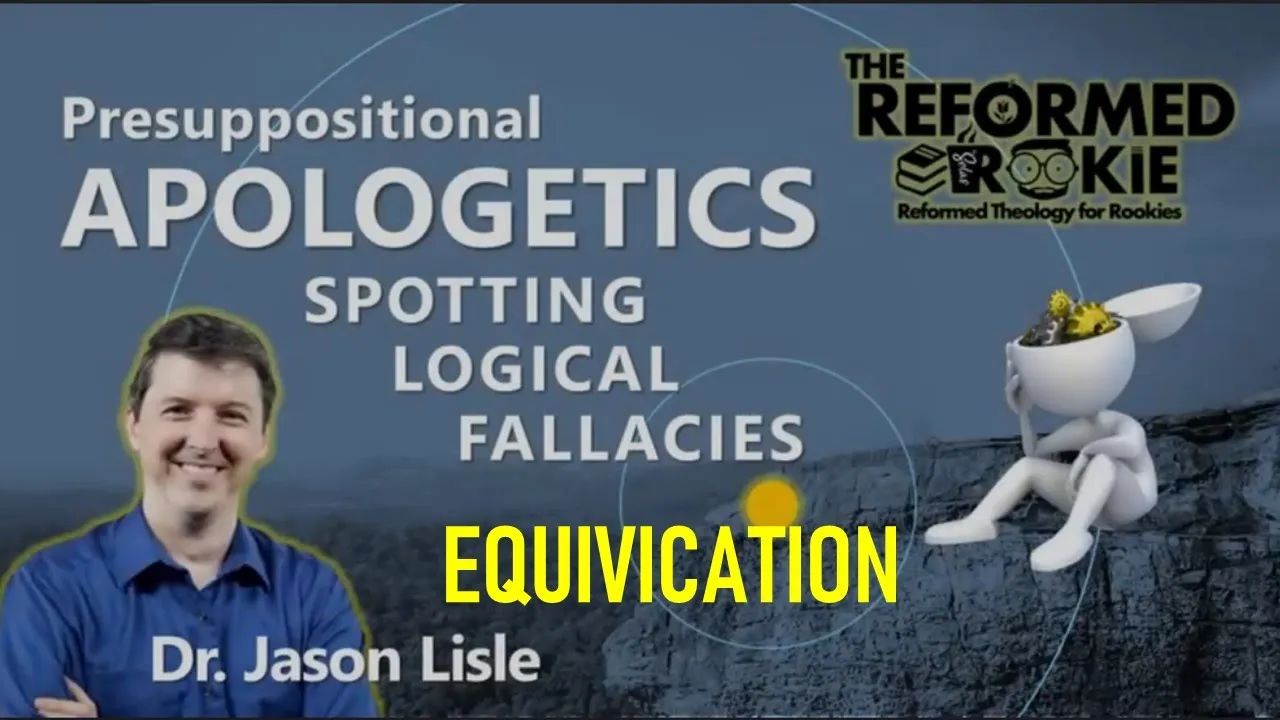
2. Logical Fallacies: Reification
4 views
Using Jason Lisle's book, Logic and Faith and Discerning Truth, we go through some of the most common logical fallacies that are used in arguments today. #shorts

- 00:05
- So, here's the first logical fallacy we're going to go over. It's called the fallacy of reification.
- 00:13
- And reification is attributing a concrete characteristic, usually personal, to something that is abstract.
- 00:20
- Perhaps you've heard the old saying, it's not nice to fool Mother Nature. They give a personal attribute,
- 00:26
- Mother Nature, to the natural order. This is an example of reification because nature is an abstraction.
- 00:35
- It is simply the name we give to the chain of events of the universe. Nature is not a person and can't literally be fooled since nature doesn't have a mind.
- 00:44
- So this expression would not make sense if taken literally. There's another one. The evidence says evolution is true.
- 00:54
- Does evidence say anything? No. One of the apologists that I listen to, he says, science doesn't say anything.
- 01:03
- Scientists do. Now, if you've gone through the book Always Ready, up until this point, you recognize that no one is neutral.
- 01:13
- They're all coming at it from a certain point of view. So when the scientists say something, it's going to be skewed by their underlying presuppositions.
- 01:24
- When you talk about a miracle, they say, well, miracles can't happen. Well, why? Science. Well, wait a second.
- 01:31
- You're ruling that out because your worldview doesn't include an immaterial realm. Another example would be the evidence speaks for itself.
- 01:42
- Evidence doesn't speak. We interpret the evidence and we try to come to a conclusion. Natural selection caused this.
- 01:52
- How can natural selection, which is just a natural process, cause anything? Doesn't cause anything.
- 01:58
- It's the description of what happened. Let's see.
- 02:05
- Oh, you've heard this one. Follow the evidence where it leads. Does evidence lead us in a direction or is it just there and it's up to us to interpret the facts and put them in order?
- 02:16
- So this is the fallacy of reification, assigning personal attributes to an impersonal thing.
